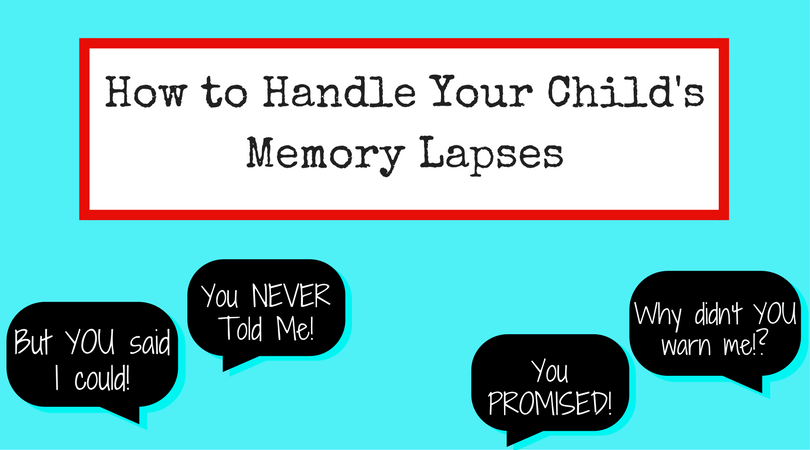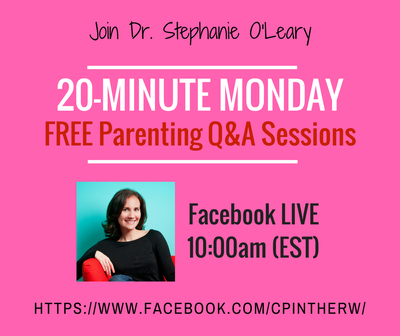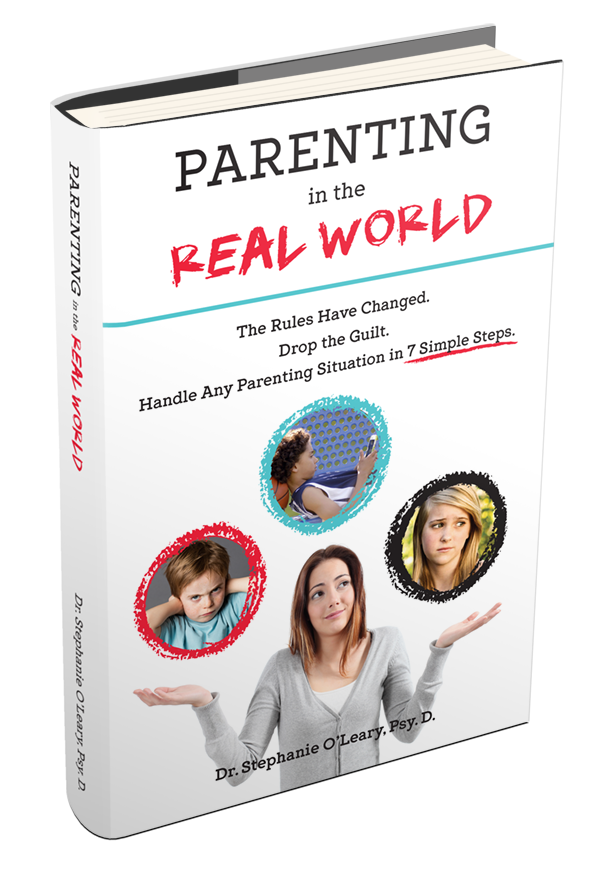|
Full disclosure, this week’s blog post was inspired by personal events. Here’s the set-up. I was heading out to the grocery store and asked my nine-year-old son if he wanted to come. His response was, “Sure, I want to get something anyway.” I said, “Great, what do you want?” He said, “Some chocolate milk, if that’s okay.” I agreed and we headed out. At the store he asked permission then scooted off to grab his drink. As we finished up, I asked him twice if he needed or wanted anything else, and also asked if he was sure he had what he wanted for dinner (which had been deemed a “fix up” meal meaning leftovers or whatever else can be scrounged). Both times he said he was good, he didn’t need anything else. Great. Fine. All was well. He even helped unload the car and unpack the bags when we got home. Fantastic! Flash-forward 30-mnutes. We were prepping dinner. He realized he didn’t have the particular kind of pasta that he wanted (Side note: apparently the five varieties in the pantry were not up to par, but I digress). My perfectly pleasant and chipper shopping partner suddenly lost his memory and rewrote history saying, “Mom, you didn’t remind me to get what I needed at the store! I said I NEEDED something and you didn’t remind me and now I have NO dinner! Why didn’t you REMIND me!” Okay. That’s not how I remember it. Here’s what the thought bubble above my head read: Umm…are you kidding me! YOU said you wanted chocolate milk. And then I asked you TWICE if you needed or wanted anything else and you said NO! And now you’re crying and yelling at ME?! What the…! As I considered letting those words escape, I had a revelation—it was a trap! A trap I have fallen into many times in the past and one that I did not want to spend my weekend clawing my way out of. My son’s memory had been hijacked and nothing I said or did in that moment would have made a difference. Let’s get technical here. The areas of my son’s brain that are devoted to logic and reason were abruptly overcome by his emotional control center. He was coming at me with 100% emotion and I was thinking like a rational human being (at least in that moment). If the two of us kept going, I’m certain that his emotionally induced memory loss would have triggered my very own emotional storm surge…and that does not make for a fun Saturday night. Like I said, I’ve been in plenty of these storms and, fortunately, I was able to see this one coming. How did I handle the pre-dinner drama at our house? I kept my mouth shut (choking on the urge to provide a reality check). Then, when there was a two second lull in the rant I said, “It’s really tough to not have the pasta you want.” My son said, “Yes!” Then I turned around and continued what I had been doing. He complained and slammed around in the pantry for a few minutes while I resisted the urge to tell him to be careful and not take his feelings out on the canned goods. Then he emerged and asked me to help him get a pot. I did. He was huffy for about ten more minutes and then it was done. Why did it end? Because his brain balanced out, emotions and logic reached equilibrium. We never had a conversation and I never got to refresh his memory, but that was fine because it was never about me or what I said or didn’t say. It was about his feelings and frustration. I certainly didn’t want him to remember having a huge argument with me on top of all that. You’ve probably been in similar situations with your kids…toddlers who shout, “You said so!” when you know those words never crossed your lips. Children who insist you never gave a 5-minute warning or reminder (even though you actually gave three). Teens who swear you granted permission for things you’ve never even heard about before. These memory lapses and revisions of history happen all the time. So, what do you do when your child’s memory is hijacked? Here are five tips to handle these memory lapses and, better yet, help prevent them:
JOIN Dr. Stephanie for Facebook LIVE on Monday 1/23 @ 10:00am CLICK the link. LIKE the page. Get parenting tips that work in the real world!
1 Comment
1/25/2017 05:46:10 am
I could have used this post this morning. Can I get a re-do? :)
Reply
Leave a Reply. |
Stephanie O'Leary, Psy.D.
Sharing practical strategies that help parents rediscover joy in their children (even when someone's crying, the phone is ringing, and it smells like the house may be burning down) Archives
October 2017
Categories |




 RSS Feed
RSS Feed